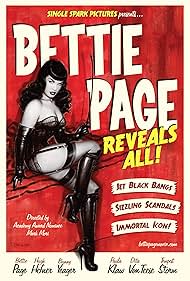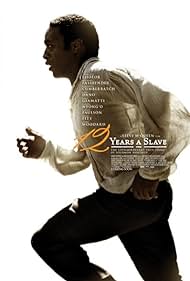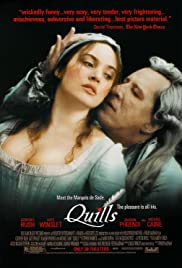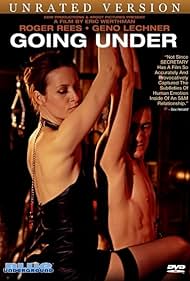All the Dead Ones Soundtrack (2020)

Buy on Amazon Play and download Soundtracks
Todos os Mortos
All the Dead Ones
All the Dead Ones
Synopsis
All the Dead Ones is a film that tells the story of a wealthy family in Brazil during the abolition of slavery in the late 19th century. The film follows the family as they struggle to adapt to the changing social and political landscape, while also dealing with the ghosts of their past.
As the family grapples with their own guilt and privilege, they are forced to confront the harsh realities of their country's history and the impact of slavery on their own lives. The film explores themes of race, class, and power, as well as the ways in which the past continues to haunt the present.
All the Dead Ones is a powerful and thought-provoking film that challenges viewers to confront the legacy of slavery and its ongoing effects on society. Through its compelling storytelling and richly drawn characters, the film offers a poignant and timely reflection on the complexities of Brazil's history and the enduring struggle for justice and equality.
Download and play the Soundtrack list
| Play | Title | Artist |
|---|---|---|
|
All the Dead Ones
|
||
|
Abertura
|
||
|
Ancestre Josephina
|
||
|
Omi Imalé (Cantiga de Sasanhe)
|
||
|
Atrevidinha (polka, 1889)
|
||
|
Recordações do Passado (waltz, c. 1885)
|
||
|
Primeira Dor (Erster Verlust, 1848)
|
||
|
Pequeno Estudo (Kleine Studie, 1848)
|
||
|
Eusebius (1834-1835)
|
||
|
Memórias das Mãos
|
||
|
Fragmentos Congos
|
Salloma Salomão:
Writer
|
|
|
Jongo: Com tanto pau no mato...
|
Mawusi Tulani:
Performer
|
|
|
Acaso são estes... (modinha)
|
||
|
Café - Dança Árabe / Coffee - Arab Dance (1892)
|
||
|
Sekésé
|
Mawusi Tulani:
Performer
|
|
|
Matamba
|
||
|
Mondoro
|
Salloma Salomão:
Performer
|
|
|
It came upon the midnight clear - Carol
|
Richard Storrs Willis:
Performer
Edmund Hamilton Sears: Composition and lyrics Rafael Cavalcanti: Arrangement |
|
|
Quebradinha (polka - suitable for serenades, 1899)
|
||
|
Isto é Bom (Yayá, você quer morrer? - Lundu, c. 1857)
|
||
|
Caçadora (polka, 1895)
|
||
|
Makedas Meninas
|
Salloma Salomão:
Writer
|
|
|
Cantiga de Revolta
|
Salloma Salomão:
Writer
|
|
|
Flores na Senzala
|
Gui Braz:
Writer
|
|
|
São Nicolau (Knecht Ruprecht, 1848)
|
||
|
Sob os Fluxos de Desejos
|
Salloma Salomão:
Arrangement
|
|
|
Mpemba
|
Mawusi Tulani:
Performer
|
|
|
Lundum para Piano
|
||
|
Pira São Paulo de Luanda
|
||
|
Hino da Independência do Brasil / Brazilian Independence Anthem (1822)
|
Alaíde Costa:
Performer
|
|
|
Zé Pereira (dobrado carnavalesco)
|
Salloma Salomão:
Performer
|
|













